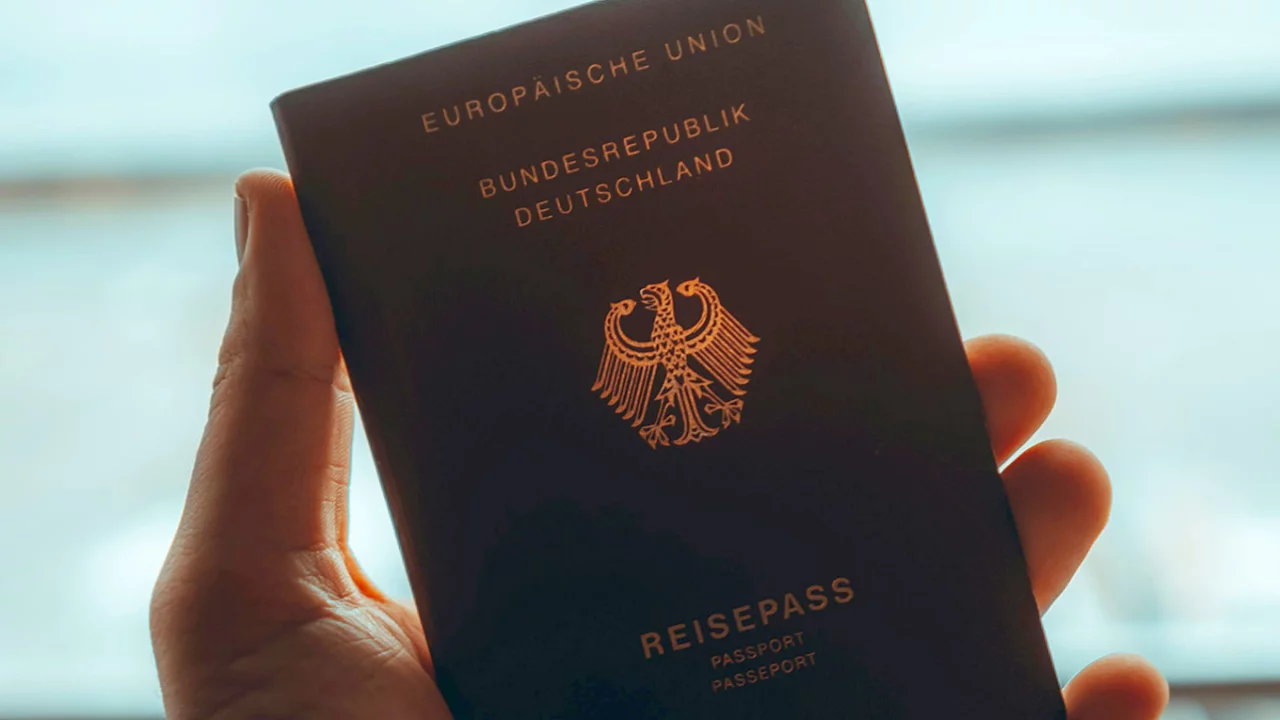The number of migrants receiving German citizenship has reached a record high

In 2024, Germany recorded one of the most historic figures in the field of migration - 291.9 thousand people acquired German citizenship during the year, setting a new record. This figure was 46 percent more than in 2023 and clearly demonstrated significant changes in the migration process in the country.
According to official data published by the German government, this increase was mainly due to refugees from Syria. They arrived in the country as immigrants in 2015-2016 and received the right to citizenship last year. However, the biggest surprise this year was the activity of Russian citizens. If in 2023 the number of Russians who received German passports was 1,995, in 2024 this figure reached 12,980 - a six-fold increase!
At the same time, the number of those who received German citizenship also increased significantly among immigrants from Turkey, Iraq and Afghanistan. Such a large-scale increase, according to experts, is directly related to the legal changes that were implemented in Germany in 2024.
Specifically, under the new procedure introduced by the government led by Olaf Scholz, immigrants who have lived in Germany for five years, instead of eight, can apply for citizenship. If the applicant is found to be well integrated into society, citizenship can be granted after three years. These changes have significantly simplified the path to obtaining legal status for many immigrants living in the country.
However, recent political developments may cause a sharp turn in this direction. The ruling coalition led by Friedrich Merz, who took office as Chancellor in May, plans to abolish the accelerated citizenship procedure. Interior Minister Alexander Dobrindt explained this decision as “a strict and systematic regulation of the migration process.”
The decision has caused mixed reactions among immigrants and human rights activists in Germany. On the one hand, there are growing demands for a tougher migration policy, while on the other hand, there are concerns that it could undermine human rights and integration processes.
The political decisions that Germany makes in the coming months will be crucial for the country's many migrants. Will the path to obtaining a German passport become even longer? This question remains unanswered. Read “Zamin” on Telegram!
Ctrl
Enter
Found a mistake?
Select the phrase and press Ctrl+Enter 





















